Kathmandu, September 8, 2025 – A mass youth-led demonstration turned tragic today when protestors stormed the federal parliament grounds in Kathmandu, demanding the repeal of a sweeping social media ban and calling for political accountability. Clashes with security forces left at least 19 people dead and hundreds injured.
Context & Background
Earlier this week, on September 4, the government ordered the shutdown of 26 major social media platforms—including Facebook, WhatsApp, Instagram, YouTube, X (formerly Twitter), and Snapchat—citing non-compliance with registration mandates WikipediaReuters. The move met sharp backlash, particularly from Nepal’s Generation Z, who viewed it as an attack on free expression amid growing frustration over corruption and opaque governance ReutersThe Economic TimesWikipedia.
Thousands of young demonstrators gathered at Maitighar Mandala and near the Parliament in New Baneshwor, chanting slogans against political nepotism and demanding reform WikipediaReuters.
Clashes Escalate
The protest escalated dramatically when some youth attempted to breach Parliament—their efforts met with teargas, water cannons, rubber bullets, and, reportedly, live ammunition ReutersThe Economic TimesThe Washington PostWikipedia. According to multiple sources, at least 19 protestors were killed and well over 300 injured in the ensuing violence Wikipedia+1The Washington PostSvD.seThe Times of India.
A curfew was swiftly imposed across Kathmandu, including in Birgunj, Bhairahawa, Butwal, Pokhara, Itahari, and Damak WikipediaFinancial Times.
Government Response
In a rapid turnaround, by early Tuesday authorities lifted the social media ban following an emergency cabinet session, with Communications Minister Prithvi Subba Gurung confirming the move The Times of IndiaFinancial TimesThe Financial Express. The Home Affairs Minister, Ramesh Lekhak, resigned, citing moral responsibility for the deaths The Washington PostFinancial TimesThe Financial Express. The UN Human Rights Office and domestic rights groups condemned the use of lethal force and demanded independent investigations Financial TimesThe Washington PostWikipedia.
Voices from the Ground
“We are demanding a Nepal that hears us—not silences us,” chanted students at the protest, many waving placards referencing political “nepo-kids” and inequality.
Rights defenders called for restraint from all sides, warning of deeper unrest if systemic issues remain unaddressed SvD.seWikipedia.
Conclusion & Next Steps
As mourning and outrage ripple through the nation, the government has pledged to launch a full investigation into the deaths. Analysts warn that while the social media ban may have been reversed, the broader political discontent—from youth, rights groups, and civil society—remains unresolved and may lead to further mobilization. Nepal stands at a crossroads: will it heed the voices of its youth, or risk deeper fractures by ignoring their call for accountability?

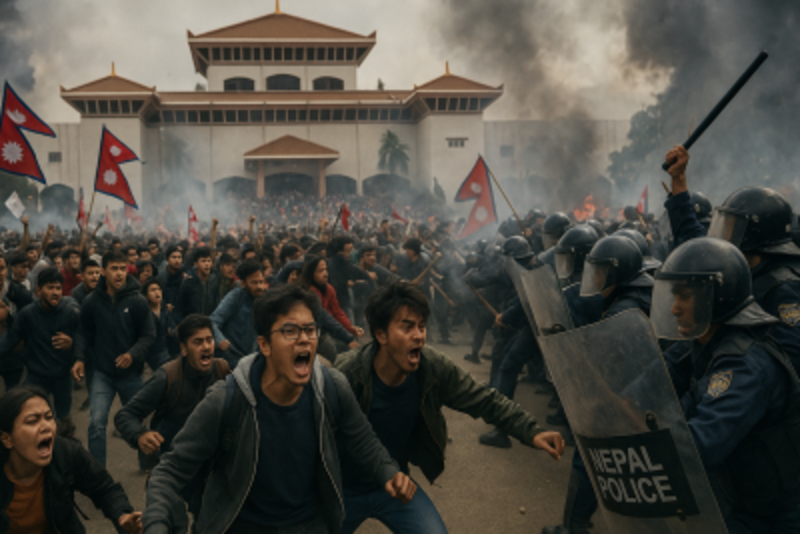

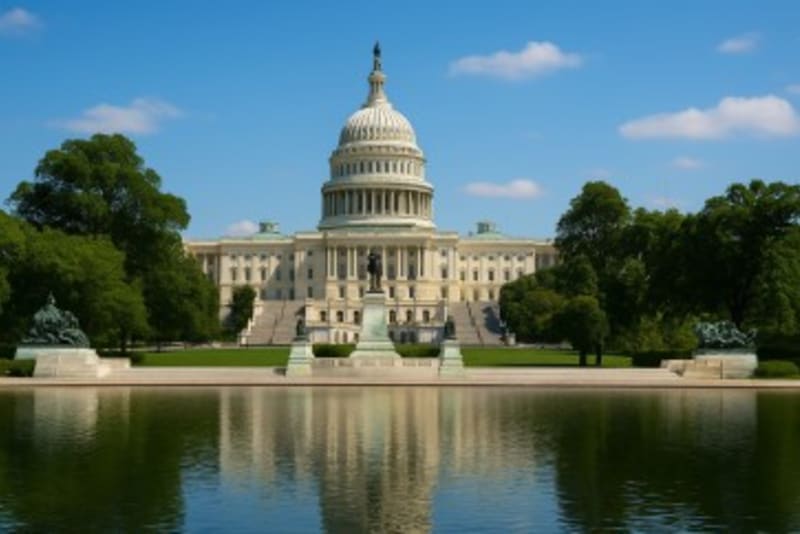
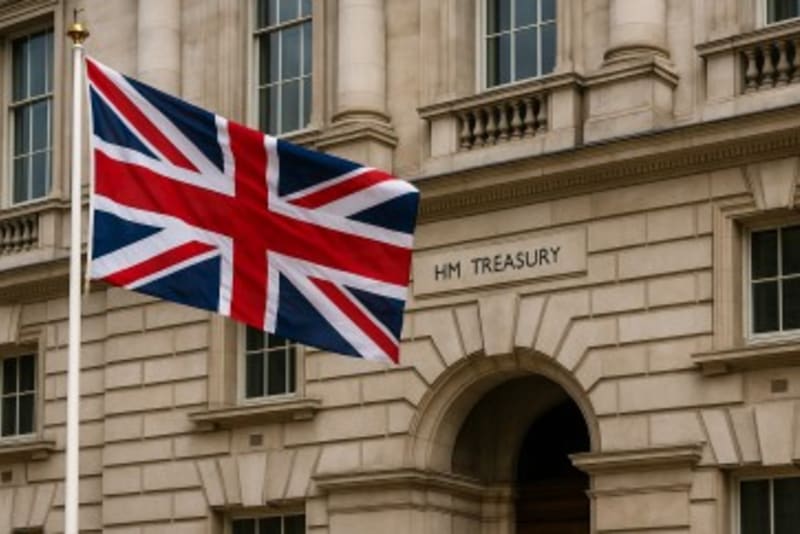
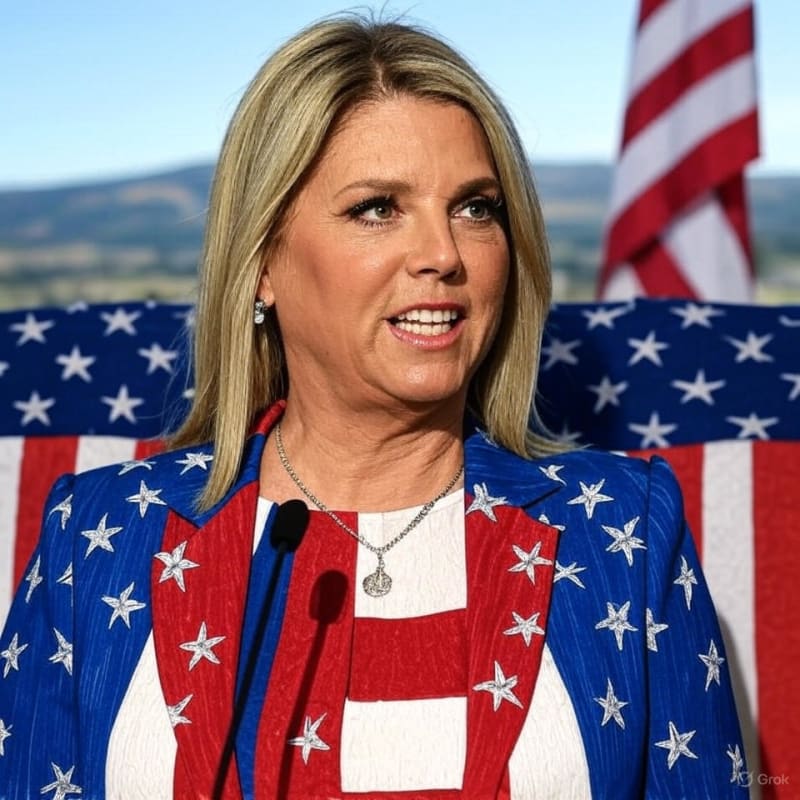
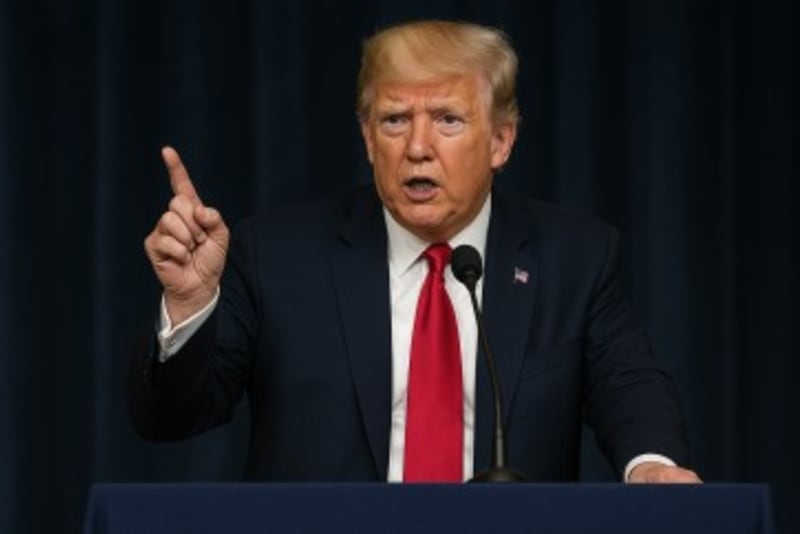
Comments
No comments yet. Be the first to comment!